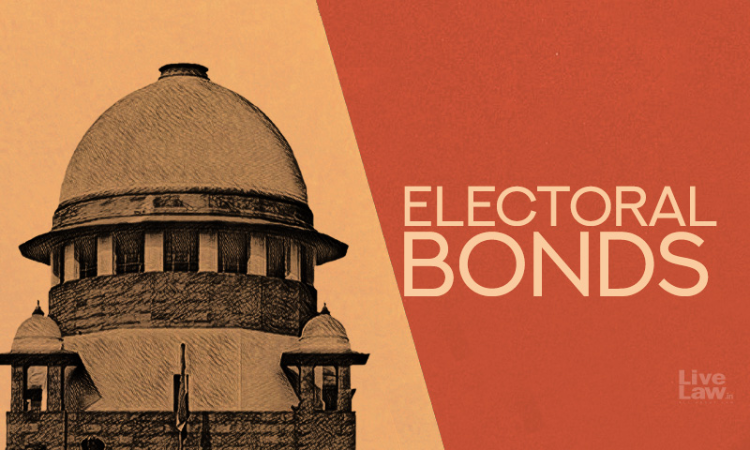Supreme Court Refuses To Stay Electoral Bonds, Says Sufficient Safeguards Already There
LIVELAW NEWS NETWORK
26 March 2021 11:29 AM IST

Next Story
26 March 2021 11:29 AM IST
The Supreme Court on Friday refused to stay the release of the fresh set of electoral bonds from April 1 for the assembly polls in West Bengal, Kerala, Tamil Nadu, Assam and Puducherry.The Court dismissed the application filed by NGO Association for Democratic Reforms seeking stay of the bonds.Since the bonds were allowed to be released in 2018, 2019 and 2020 without interruption,...
